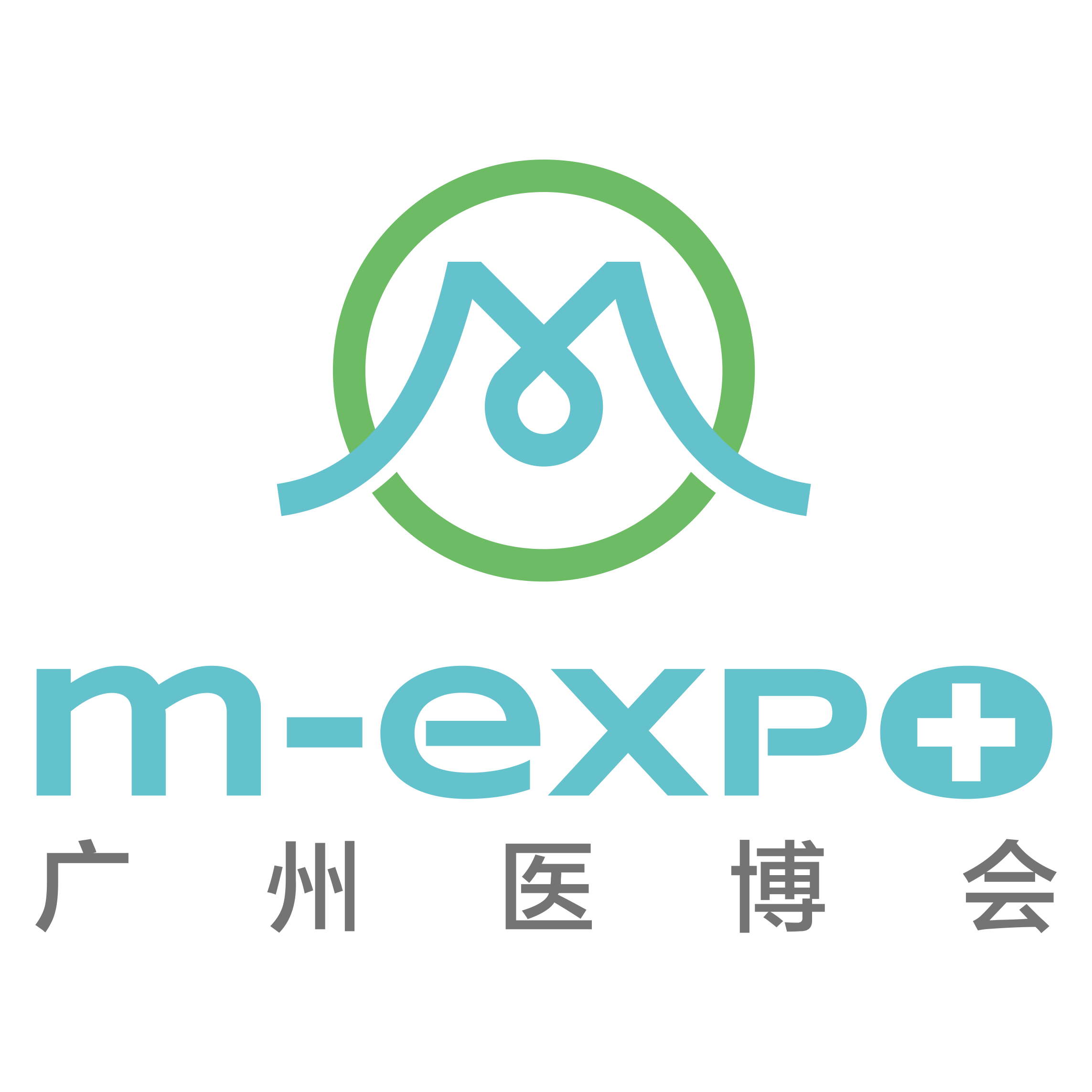On October 21, the Information Office of the People's Government of Guangzhou Municipality held a press conference as part of the "Looking at Guangzhou in the National Games Year" series – themed "Guangzhou Accelerates the Cultivation and Development of Future Industries". At the conference, Wang Yuyin, Member of the Party Leadership Group and Deputy Director of the Guangzhou Municipal Bureau of Industry and Information Technology, focused on introducing Guangzhou’s future layout for the cell and gene field and the supporting key policies to be rolled out.
Goal: Build a Full-Chain Industrial Ecosystem and Form an Over 100 Billion-Yuan Industrial Cluster by 2030
Wang Yuyin stated that future industries are the core carrier of new-quality productivity and the most concentrated and vivid embodiment of new-type industrialization. The cell and gene industry features forward-looking and disruptive characteristics, and is committed to solving the challenges of treating major diseases such as genetic disorders and tumors. From a strategic perspective, listing cell and gene as key future industries for Guangzhou’s development is a vivid practice of this logic. By 2030, Guangzhou plans to build a full-chain industrial ecosystem, form an industrial cluster worth over 100 billion yuan, and become a global innovation hub and industrial highland for cell and gene therapy.
In accordance with the municipal work plan for building the "12218" modern industrial system, the Guangzhou Municipal Bureau of Industry and Information Technology takes the lead in establishing a Cell and Gene Industry Special Working Group under the municipal Biomedical Leading Group. Its main tasks are to advance the following key layouts and policy support:
1. Building a "One-of-a-Kind" Policy Highland
Three national ministries and commissions have granted Nansha pilot enterprises two key policies: allowing the clinical application of restricted cell transplantation therapy technologies relying on medical institutions, and permitting foreign-invested enterprises to engage in the development and application of stem cells. Driven by these national policies, Guangzhou has achieved two national firsts in clinical practice: the first national clinical application of allogeneic bone marrow mesenchymal stem cells for treating acute-on-chronic liver failure, and the first national clinical application of gene therapy for transfusion-dependent β-thalassemia.To support the implementation of national policies, Guangzhou issued a "No.1 Document" last year – Several Policy Measures to Promote the High-Quality Development of the Biomedical Industry. It specifically proposes to "foster and expand future industries such as cell and gene therapy", support cooperation among enterprises, universities, research institutions, and medical institutions in basic research and clinical trials in the cell and gene field, and build public service platforms to drive industrial development.Nansha District has also introduced support measures for the high-quality development of the biomedical industry, providing comprehensive support in technology application, clean workshop construction, clinical trials, and scenario-based application.Next, Guangzhou will explore local legislation in the cell and gene field, support pilot initiatives such as the "10 + n" medical visa program from a policy perspective, and improve relevant management regulations and implementation details to provide a more standardized and secure policy environment for medical institutions and enterprises.
2. Building a "Superior" Innovation and Industrial Chain
Guangzhou is accelerating the construction of the public transformation platform of the Biomedical Sub-center (focused on cell and gene, and AI + pharmaceutical directions) under the National University Regional Technology Transfer and Transformation Center (Guangdong-Hong Kong-Macao Greater Bay Area). It is promoting the "Human Cell Atlas" large-scale scientific facility to speed up the improvement of cell preparation standardization systems, building CRO/CDMO platforms, and enhancing the collaborative innovation network of national laboratories, key hospitals, and R&D institutions – all to construct a high-speed channel from "laboratory to industrialization".Currently, the upstream segment of this industrial chain in Guangzhou focuses on R&D of gene editing tools, cell culture media, biological sample banks, and core equipment; the midstream covers the development of products such as viral vectors, gene editing, cell culture, and quality control; and the downstream accelerates clinical application and commercialization.Next, Guangzhou will map the "industrial profile" and development roadmap of its cell and gene industry, build four major value innovation parks in Huangpu, Nansha, Yuexiu, and Liwan, establish an expert think tank with academicians, promote the establishment of a biomedical industry fund, attract global leading enterprises and top-tier projects to settle in, and provide comprehensive support for the entire life cycle of the industry.
3. Building a "Specialized" Public Service Infrastructure
At present, Guangzhou has launched the construction of four key platforms: the Greater Bay Area Clinical-Grade Cell Seed Bank, the Stem Cell Quality Control and Clinical Evaluation Center, the Greater Bay Area Cell and Gene Industry Public Service Center, and the Greater Bay Area Biotherapy Health Effect Evaluation Center.The "Human Cell Atlas" large-scale scientific research facility plans to map a dynamic atlas of 40 trillion cells in the human body. Meanwhile, the Guangzhou Laboratory is developing a "Bio-OS System" that integrates over 560,000 sets of global genome data and incorporates AI large-model technology. These platforms collectively focus on the standardized management of stem cell quality, providing key services for clinical transformation and industrial innovation.Through the "industry-university-research-funding-application-service" integration model, Guangzhou is reducing the entry threshold for enterprises and attracting the agglomeration of upstream and downstream enterprises.Next, based on the Guangzhou Cord Blood Bank, the city will plan the construction of the Guangzhou Public Stem Cell Resource Bank – focusing on the collection, storage, sharing, and transformation of stem cell resources, especially cord blood stem cells. It will also plan the construction of a Cell Quality Control and Evaluation Center, which will focus on establishing quality standards, conducting testing and evaluation, and controlling risks throughout the entire process of cell preparation and therapy, providing third-party quality control services for the industry and forming a coordinated development pattern of "resource support + quality assurance".
Source: Guangzhou Daily
Video Source: Guangzhou Broadcasting Network
相关推荐
- 2026 Guangzhou Medical Expo Scheduled for August! Building the Core Engine for the Greater Bay Area's Healthcare Industry. 2025-11-07
- Full-chain Empowers Industrial Innovation! The 2025 Guangzhou Medical Expo Successfully Concludes Today 2025-08-24
- Grand Opening of 2025 Guangzhou Medical and Health Industry Expo: Jointly Paint a New Blueprint for Health and Play the March of Industrial Endeavor 2025-08-22
- Over 400 hospitals and enterprises gather in the City of Rams! Guangzhou Medical Expo has become a highland for the first launches of innovative pharmaceuticals and medical devices. 2025-06-13

